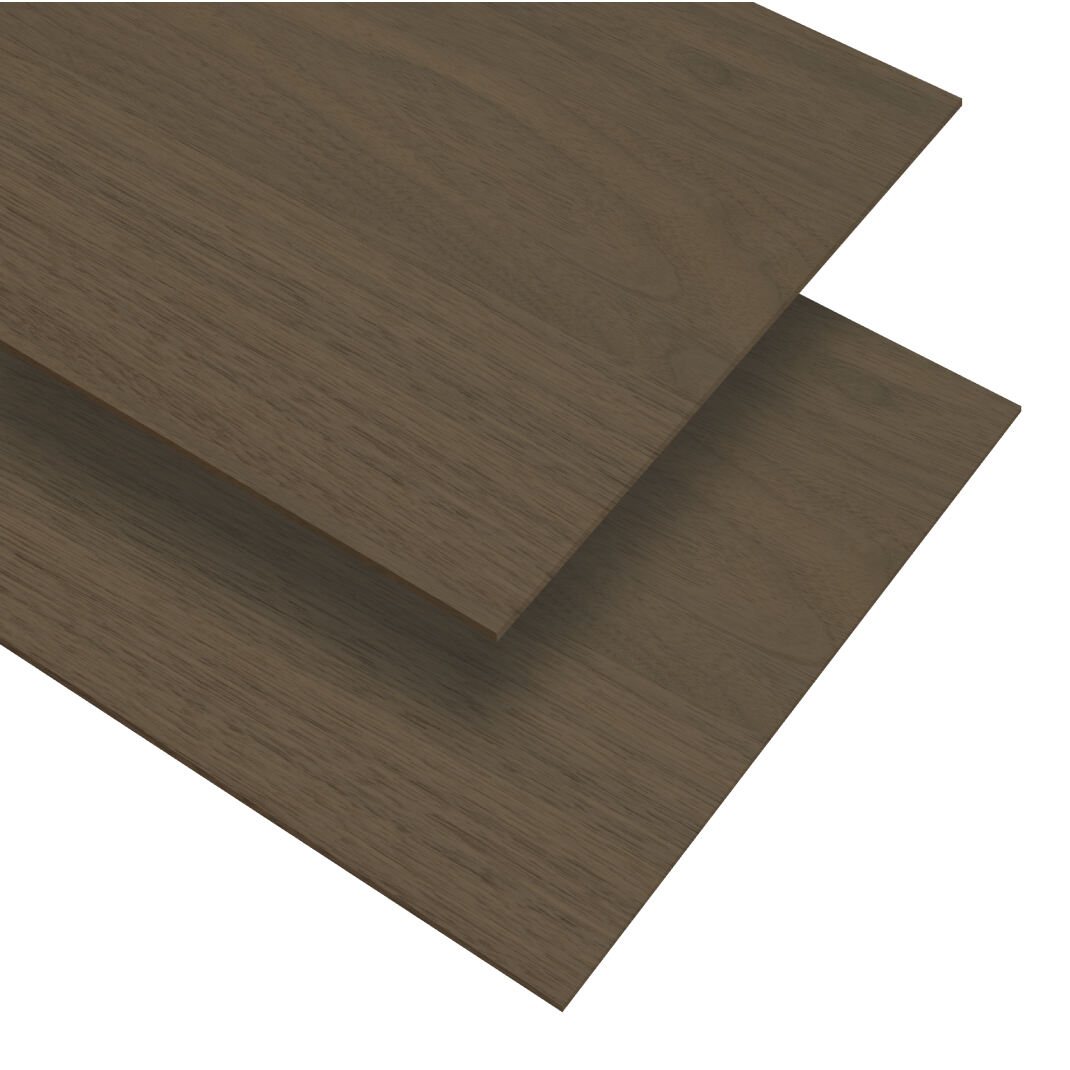Transforming Contemporary Spaces with Premium Wood Elements
The resurgence of hardwood panels in modern design has revolutionized the way architects and interior designers approach space transformation. These versatile architectural elements merge timeless natural beauty with contemporary functionality, creating spaces that speak to both tradition and innovation. As sustainable design practices continue to gain prominence, hardwood panels have emerged as a premier choice for those seeking to combine aesthetic appeal with environmental consciousness.
Today's hardwood panels transcend their historical role as mere wall coverings. They've evolved into sophisticated design elements that can define spaces, create focal points, and add warmth to otherwise stark modern interiors. From ceiling installations to custom furniture pieces, these versatile materials are reshaping our understanding of contemporary design possibilities.
Design Applications in Contemporary Architecture
Vertical Statement Walls and Room Dividers
Modern architects are increasingly utilizing hardwood panels to create dramatic vertical statements in both residential and commercial spaces. These installations serve dual purposes - they're not just visually striking but also help define distinct areas within open-plan layouts. The natural grain patterns and texture variations in hardwood panels add depth and character, while their modular nature allows for creative geometric arrangements.
Designers often incorporate backlit hardwood panels to add dimension and drama, creating an interplay of light and shadow that transforms throughout the day. This technique is particularly effective in hotel lobbies, corporate headquarters, and high-end residential properties where first impressions matter significantly.
Ceiling Applications and Suspended Features
The often-overlooked ceiling space has become a canvas for innovative hardwood panel applications. Suspended wooden ceiling features and floating panel systems create visual interest while concealing necessary infrastructure like HVAC systems and lighting. These installations can dramatically alter the perceived height and warmth of a space, making even the most contemporary rooms feel more inviting.
Advanced installation systems now allow for easier access to utilities while maintaining the seamless appearance of hardwood panels overhead. This practical consideration has made them increasingly popular in commercial spaces where regular maintenance access is essential.
Material Innovation and Sustainability
Engineered Solutions for Modern Demands
Contemporary hardwood panels have evolved far beyond traditional solid wood construction. Today's engineered options combine multiple layers of wood with advanced adhesives and treatments to create products that are more stable, durable, and resistant to environmental changes. These innovations allow for larger panel sizes and more consistent performance across varying conditions.
Manufacturers are developing hardwood panels that incorporate acoustic properties, fire resistance, and moisture protection without compromising their natural aesthetic appeal. This technological advancement has expanded their application potential in both residential and commercial projects.
Environmental Considerations and Certification
The sustainable sourcing of hardwood panels has become a crucial consideration in modern design. Architects and designers increasingly specify products that carry FSC or PEFC certification, ensuring responsible forest management practices. Many manufacturers now offer panels made from reclaimed wood or fast-growing species, addressing environmental concerns while maintaining high design standards.
Carbon sequestration capabilities of hardwood panels contribute to buildings' environmental performance ratings, making them an attractive choice for projects seeking LEED or BREEAM certification. This alignment with green building practices has cemented their position in sustainable design strategies.
Integration with Smart Home Technology
Hidden Technology Solutions
Modern hardwood panels are being engineered to seamlessly integrate with smart home technology. Designers are creating innovative ways to incorporate speakers, lighting controls, and other electronic elements within panel systems without disrupting their clean aesthetic. This marriage of natural materials and technology represents a significant trend in contemporary interior design.
Some manufacturers now offer hardwood panels with built-in wireless charging capabilities and hidden cable management systems, addressing the growing need for technology integration in both residential and commercial spaces. These solutions maintain the organic appeal of wood while providing the functionality modern users demand.
Interactive Surface Applications
Advanced surface treatments and embedded sensors are transforming hardwood panels into interactive elements within smart buildings. Touch-sensitive panels can control lighting, temperature, and audio systems while maintaining their natural appearance. This evolution represents a exciting convergence of traditional materials with cutting-edge technology.
The development of these interactive surfaces hasn't compromised the inherent beauty of hardwood panels. Instead, it's added another layer of functionality that makes them even more valuable in contemporary design schemes.
Frequently Asked Questions
How do hardwood panels contribute to a building's acoustic performance?
Hardwood panels can significantly improve acoustic performance through their natural sound-absorbing properties and engineered designs featuring micro-perforations and backing materials. Modern panels can be customized with specific acoustic ratings to meet various requirements for different spaces, from concert halls to office environments.
What maintenance is required for hardwood panels in modern installations?
Contemporary hardwood panels typically require minimal maintenance, usually limited to regular dusting and occasional cleaning with wood-specific products. Many modern panels feature protective finishes that resist staining and UV damage, making them highly durable for long-term use in both residential and commercial applications.
Are hardwood panels suitable for moisture-prone areas?
While traditional hardwood panels were limited in high-moisture areas, modern engineering has produced variants specifically designed for humid environments. These panels incorporate moisture-resistant treatments and construction methods that allow for installation in bathrooms, kitchens, and even outdoor covered areas, provided they're properly sealed and maintained.



